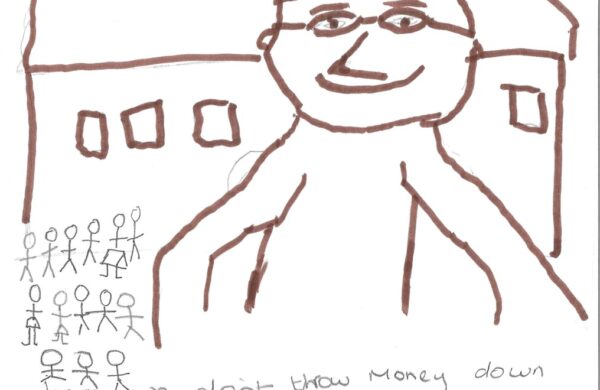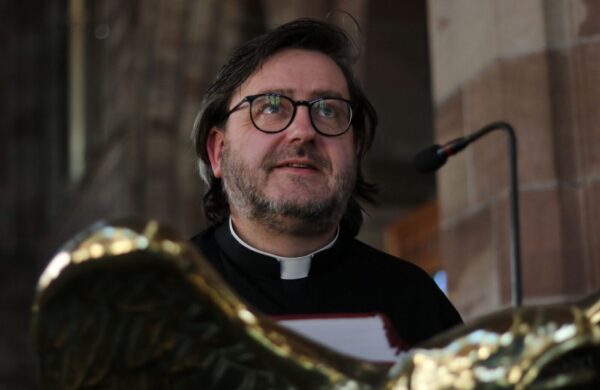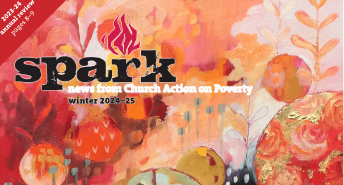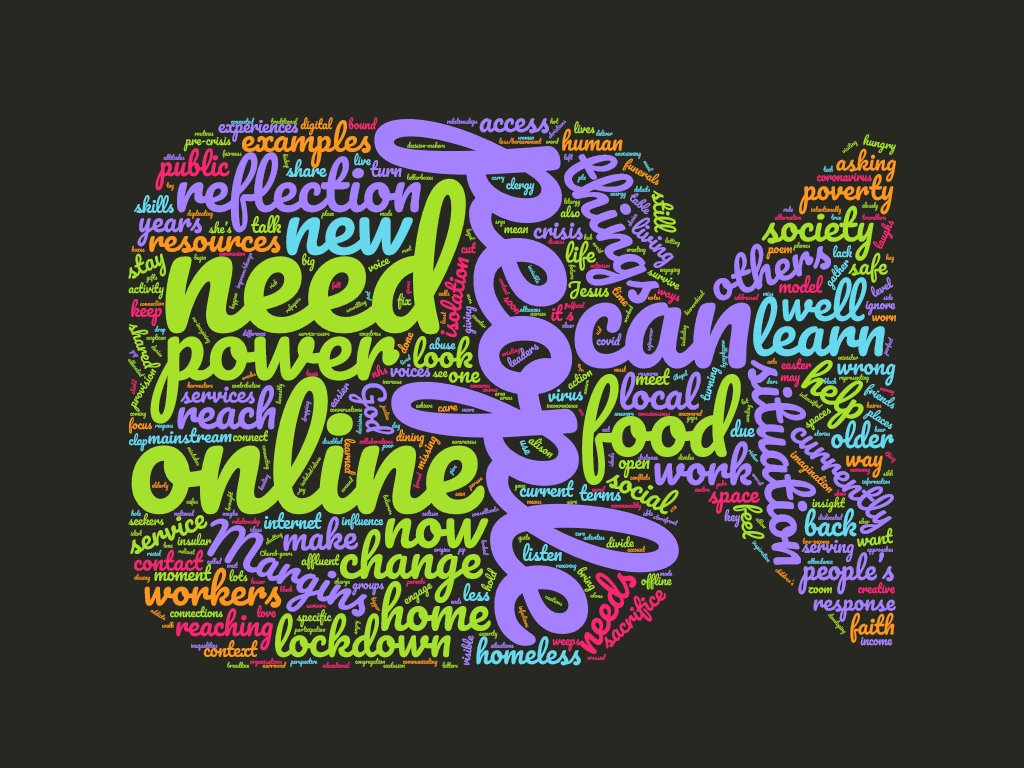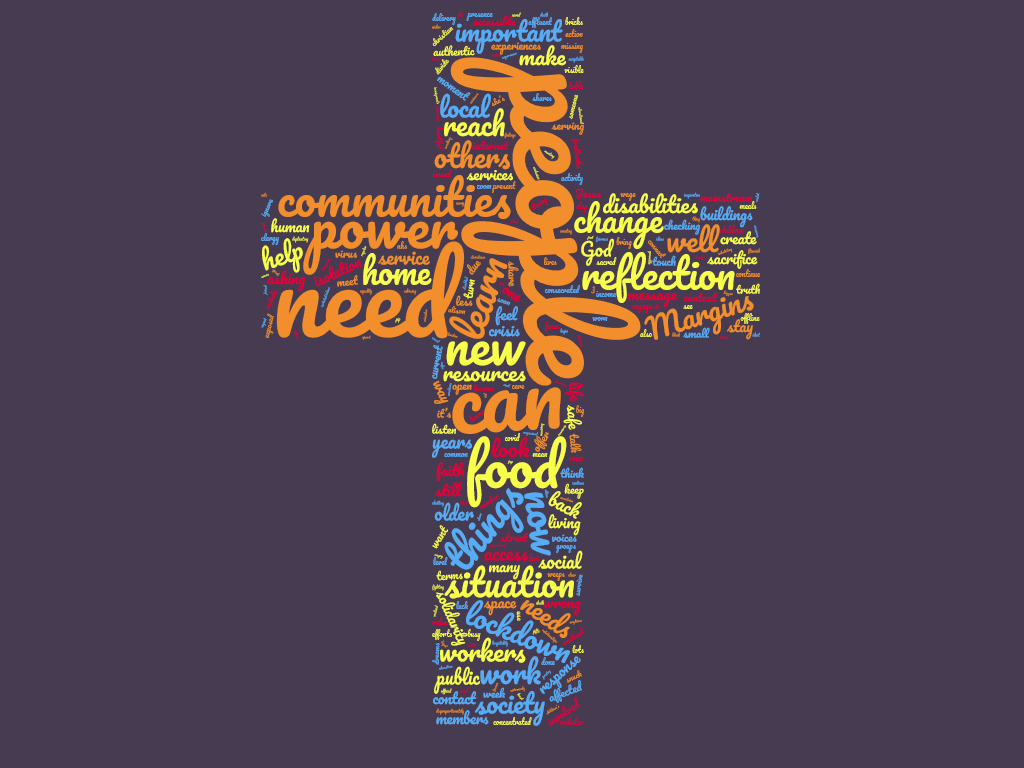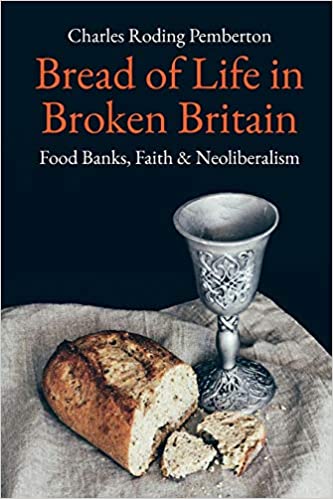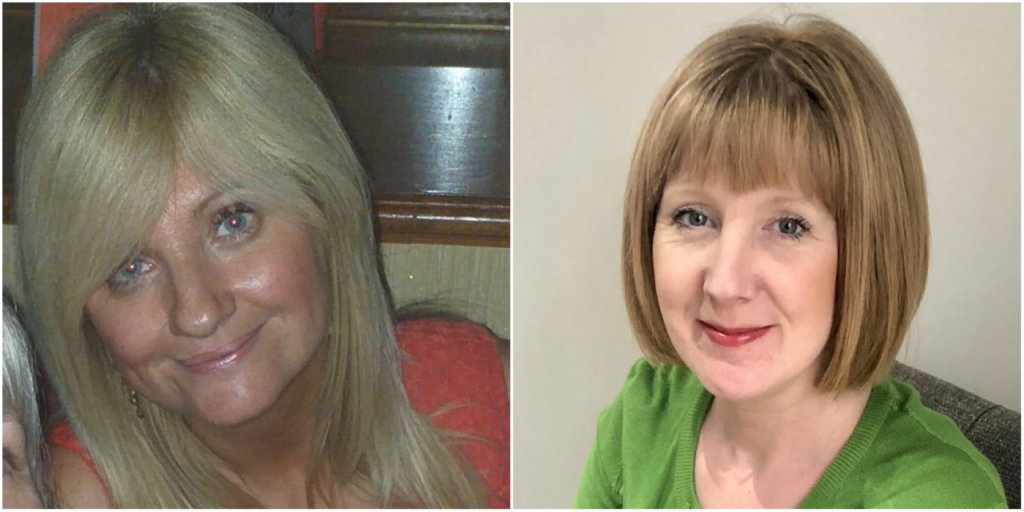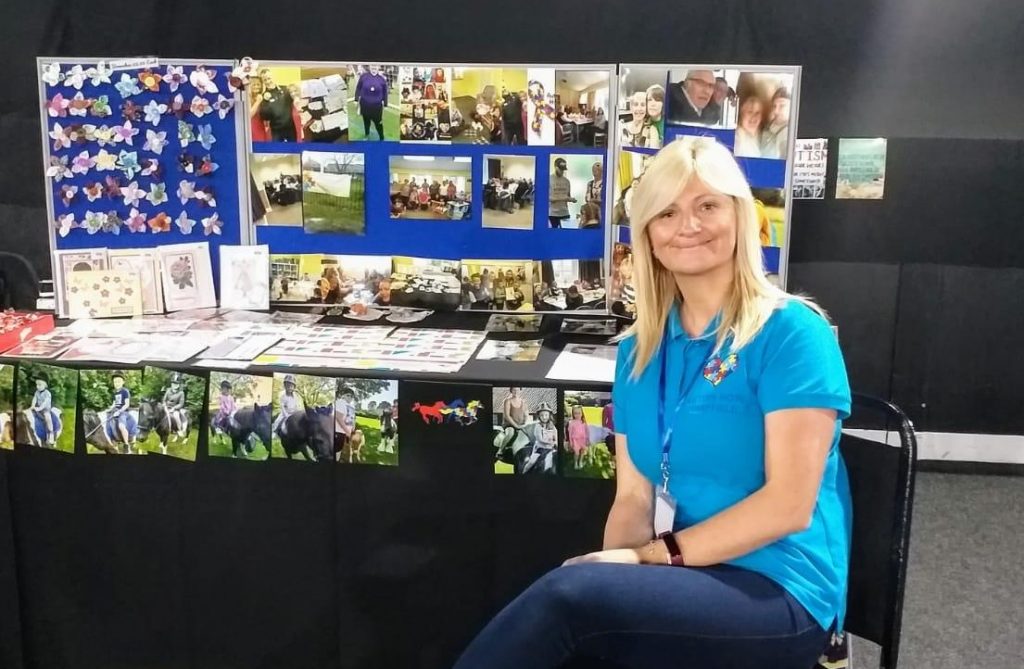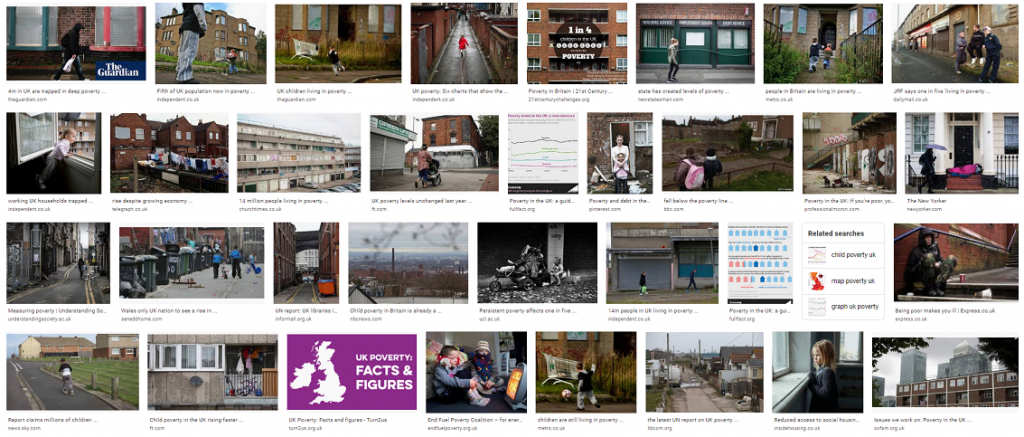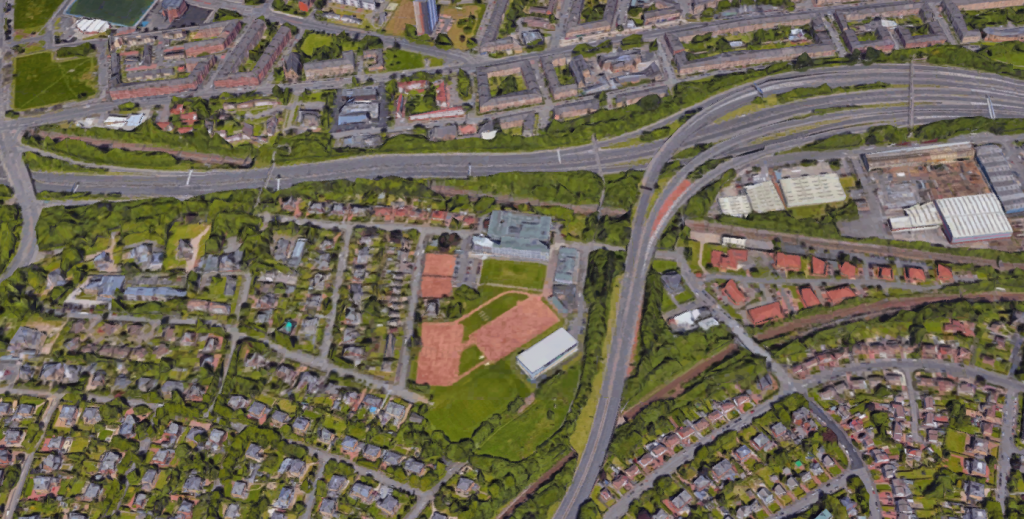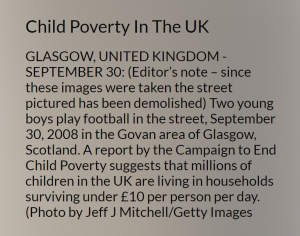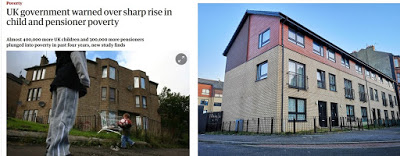Way Maker
Self-Reliant Group Facilitator, Laura Walton, reflects on freedom, anxiety and the lifting of lockdown restrictions.
How did you spend your Super Saturday? Doing what you’ve been doing nearly every other day of the lockdown so far, be it working at home or working in and around the home? Or were you one of the thousands that truly re-embraced normality yesterday and went shopping, had lunch, met up with a friend for coffee or popped in at lunchtime for a quick drink? Or were you actually working in one of those places, actually doing your job in the place where you get paid to work as opposed to the place where you live?
Since when in our lives has a Saturday been so eagerly anticipated by so many? The FA cup final…..Olympics penultimate Saturday…..the royal wedding…..maybe. Since when have we cheered at the prospect of a colour and restyle at midnight or a pint at 6 am? Our lives still continue to be turned upside down by the events of the last few months. The mundane and the necessary are being hailed as the triumphant stages of us pulling through this thing together. How much would you pay for a hot Gregg’s sausage roll in a paper bag? Or sitting in someone else’s living room drinking tea? Or just going to the park for a swing and a slide with Nanna? The ordinary gets its rebranding on Super Saturday and we get to delight in those many social activities which we’ve lived without for so long now, but which were common every day experiences for most of us.
But wait…….what about Leicester’s 330,000 inhabitants and the 2.2 million people who as “clinically extremely vulnerable” are still living under huge restrictions and whose minute opportunities for that taste of freedom are dependent on the weather. And what about the as yet not quantified, thousands of people who will choose not to rush to the cinema or the local zoo or even the library. Fear, uncertainty, lack of clarity and mistrust of what life is looking like now in public after nearly 4 months, will still hold many thousands in captivity in their own 4 walled prisons.
Even though we are dusting off our calendars, pretty certain all of us have some fears and anxieties about what this new freedom will be like, how long it will last and how pure and exhilarating it will feel……if at all. Within our own shores there is conflict of opinion and advice and as we look to Europe and beyond to where the virus still has a strong grip, nations are operating on different guidelines with a variety of enforcement methods.
Do you, like me, wish there was an overall authority who would guide us all safely through the storm, rescuing those whose boats are already overturned and whose lives are sinking fast?
There is a truly beautiful song which was formed in a Nigerian woman’s heart and has travelled around the world and been translated into 50 different languages in the last 4 years. It is a song of hope and a confirmation of faith in a God who is worshipped and followed throughout the world by millions. This is the God who is a…..
Way maker
Miracle worker
Promise Keeper
Light In the Darkness
This is the authority we are looking for in how to move on in our lives following all the pain, uncertainty and fear of the last few months. He promises to be there throughout our lives, every minute of every hour of every day. He guides us by his spirit, heals us in all our hurts and restores our peace and our purpose for living. We do not know what lies ahead but we can fix our eyes on the light and know that in the morning we will be free.
Find out more about Self-Reliant Groups: http://www.church-poverty.org.uk/srg .
The UK doesn’t want demonising rhetoric – it wants to end poverty
There have been some political statements that have demonised and divided people in the past week. It’s absolutely not what the UK public needs or …
Sheffield Civic Breakfast: leaders told about mounting pressures of poverty
Sheffield Church Action on Poverty’s first Civic Breakfast since Covid has heard that around 120,000 people in Sheffield are living in poverty, homelessness is the …
Artists perform for change in Manchester
The inaugural event in our Artists for Change programme took place in Manchester on 28 April 2024.
Church Action on Poverty in Sheffield: annual report 2023-24
God never intended for one group of people to live in superfluous inordinate wealth, while others live in abject deadening poverty. ———— Revd Dr Martin Luther King ———— …
SPARK newsletter summer 2024
Read or download the summer 2024 issue of our newsletter for supporters
Church on the Margins reports
Two reports from our research alongside churches on the margins
Dreams and Realities in our context
Revd Amanda Mallen reflects on the impact Church Action on Poverty Sunday made in her community. During the week following …
How we can radically boost recruitment of working class clergy
Our communities are awash with talent – but Churches need to offer new routes to ministry. Father Alex Frost calls …
SPARK newsletter, winter 2024-25
Read the newsletter for all Church Action on Poverty’s supporters and partners.

